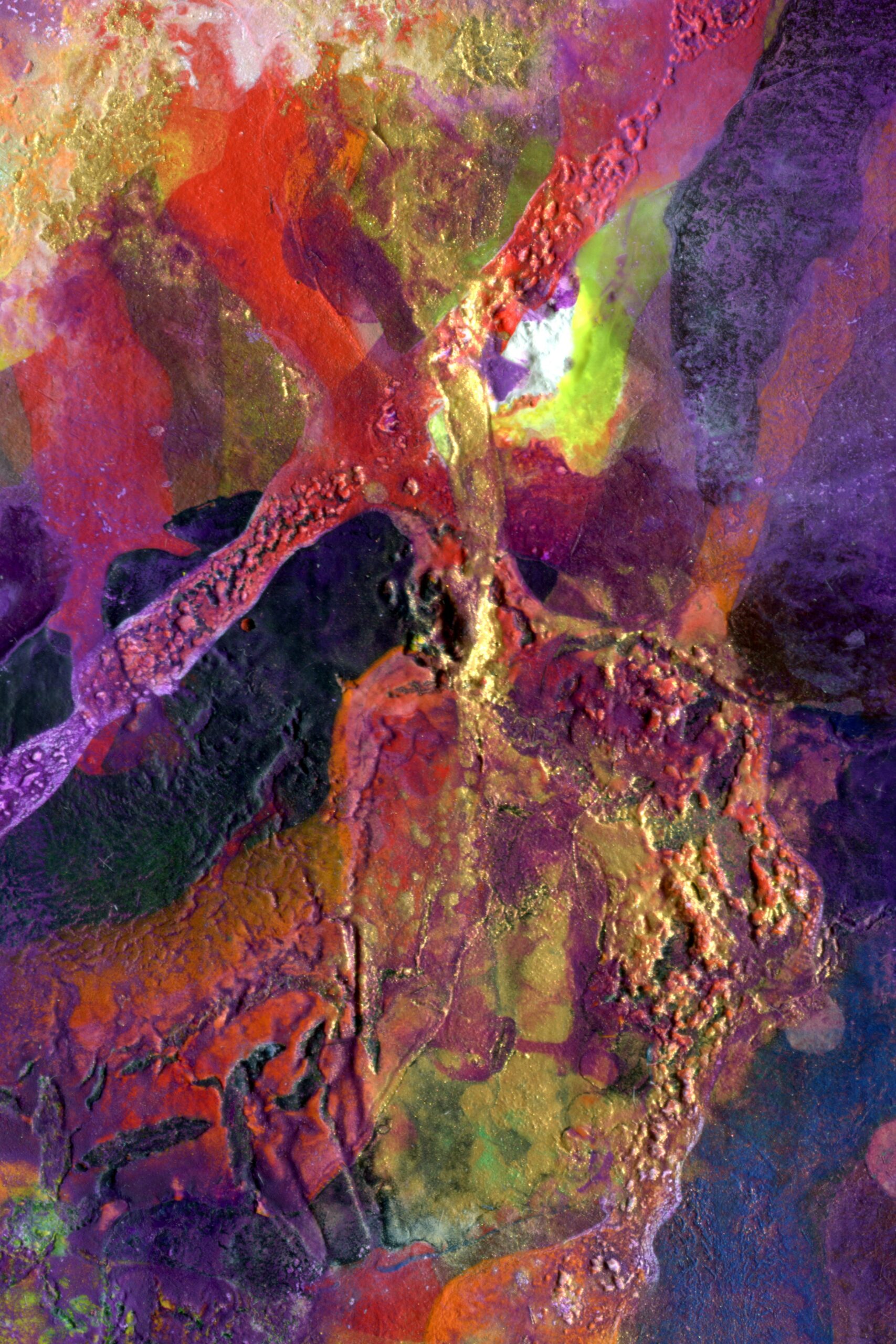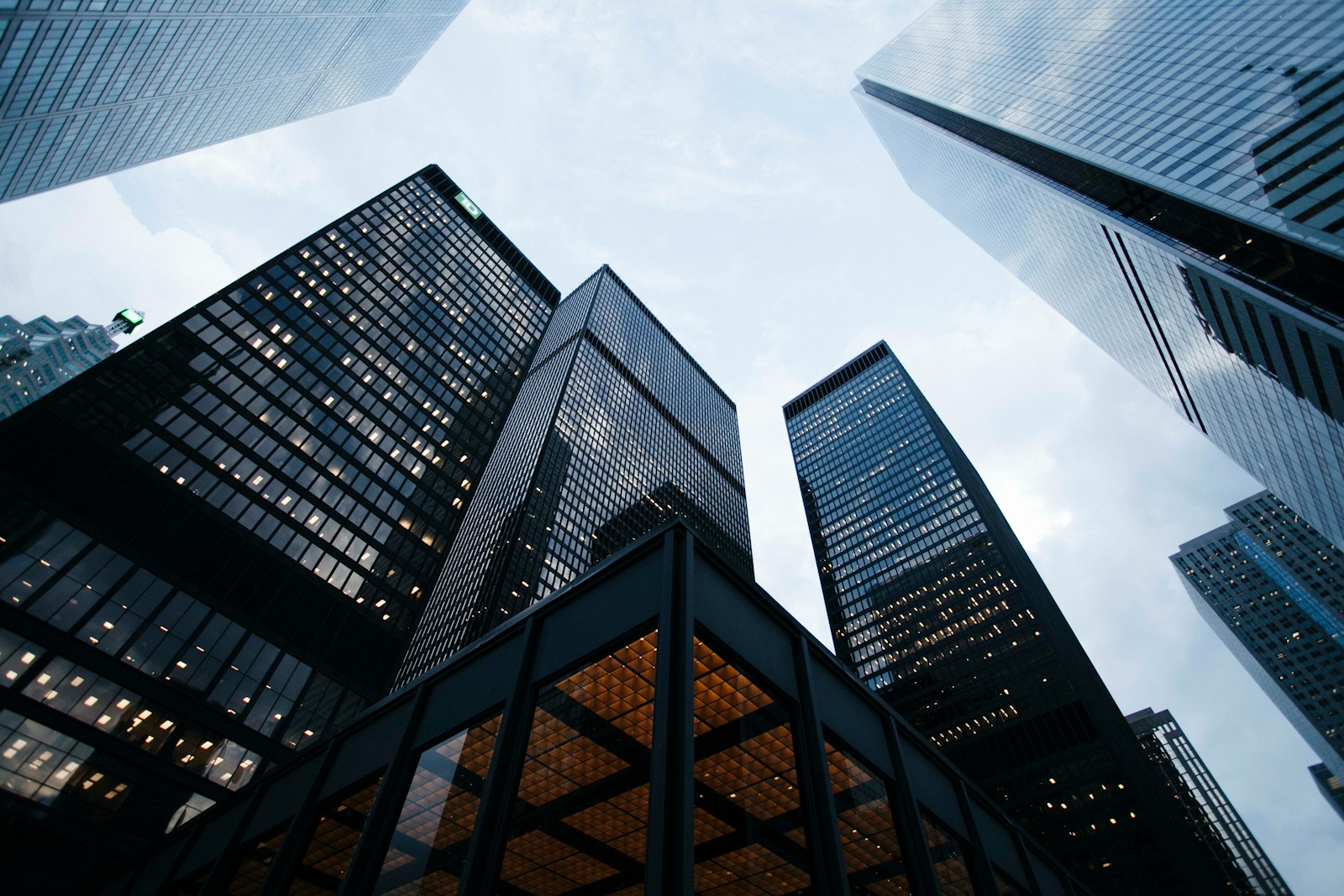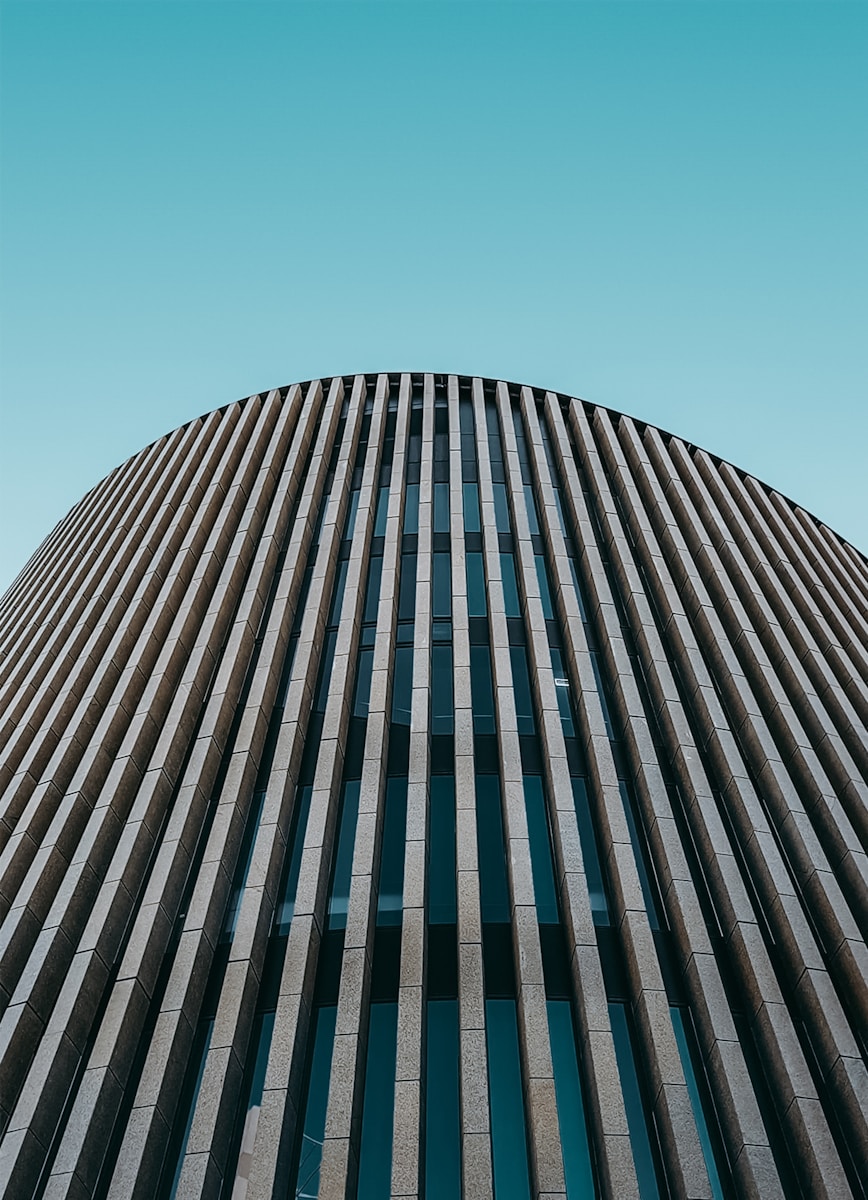The Dramatic Turn of Events: Inside the Supreme Court’s Landmark Decision in the Delhi Metro vs. Airport Express Legal Saga

Delhi Metro Rail Corporation Ltd. v Delhi Airport Metro Express Pvt. Ltd.
The Supreme Court, in response to a curative petition filed by the Delhi Metro Rail Corporation (DMRC) challenging a previous judgment, declared that the decision to overturn the Division Bench’s ruling and restore the arbitral award constituted a miscarriage of justice.[1] As a result of this latest happening, DMRC will not have to pay ₹7687-crore arbitral award to DAMPEL. The initial Division Bench decision, based on Section 34 of the Arbitration and Conciliation Act, provided that the arbitral award was flawed.[2] However, the Supreme Court, under Article 136 of the Constitution, upheld the validity of the award. Initially, the review petition of DMRC against the judgment of the Supreme Court was dismissed.[3] Now, the events have taken a dramatic term wherein, the SC has corrected its mistake in a curative petition filed to cure the defects of its earlier judgment in the same case. The Court emphasized the importance of adhering to established legal principles and cautioned against the routine use of curative jurisdiction to revisit arbitral awards. Consequently, the Court reverted the parties to their pre-judgment positions and discontinued execution proceedings related to the arbitral award. With this, the arbitral award which asked DMRC to pay ₹7687 crore to DAMPEL will not come into effect.
What Is The Curative Petition?
A curative petition is a legal remedy available in the Indian judicial system to rectify a gross miscarriage of justice that may have occurred due to an error in the judgment of the Supreme Court. It is the last judicial resort available for redressal after the exhaustion of all other legal remedies. A curative petition can only be filed after a review petition against the Supreme Court’s judgment has been dismissed. It is heard by a bench of the three senior-most judges of the Supreme Court, along with the judges who delivered the impugned judgment, if available.
The concept of the curative petition was introduced by the Supreme Court of India in the case of Rupa Ashok Hurra vs. Ashok Hurra and another[4], wherein the court was addressing the question of whether an aggrieved party could seek relief against the final judgment or order of the Supreme Court, even after the dismissal of a review petition. The objectives of the curative petition are two-fold: to prevent miscarriage of justice and to deter the abuse of the legal process.
The constitutional basis for the curative petition is provided by Article 137 of the Indian Constitution, which grants the Supreme Court the power to review any judgment or order pronounced by it in matters concerning laws and rules made under Article 145. According to the procedure, a curative petition can be filed within 30 days from the date of the judgment or order, after the dismissal of a review plea against the final conviction.
For a curative petition to be entertained, the petitioner must demonstrate that there was a violation of the principles of natural justice and that they were not allowed to be heard by the court before the order was passed. It is emphasized that curative petitions should be rare exceptions rather than regular occurrences.
If the Bench determines at any stage that the petition lacks merit, it may impose penalties on the petitioner. A curative petition can be rejected by the bench at any stage if it lacks substantive merit or fails to demonstrate a violation of natural justice.
The Supreme Court of India’s Special Powers
The Supreme Court of India holds special powers endowed by the Constitution, as the apex judicial body in the nation. Article 131, confers exclusive original jurisdiction to adjudicate disputes arising between the Centre and one or more States, or among States themselves, about legal rights. Additionally, Article 136 bestows discretionary jurisdiction upon the Supreme Court, empowering it to grant special leave to appeal from any judgment, decree, or order issued by any court or tribunal within India, except military tribunals and court-martials. Furthermore, the Court exercises advisory jurisdiction under Article 143, whereby the President of India can seek the Court’s opinion on specific matters of law. The Supreme Court can initiate contempt proceedings under Articles 129 and 142 to punish for contempt of itself, either suo motu or upon petition by others. Article 145 empowers the Supreme Court to formulate rules governing its practice and procedure for reviewing judgments, determining costs, granting bail, staying proceedings, and conducting inquiries, subject to the President’s approval. Through these diverse powers, the Supreme Court plays a pivotal role in upholding the rule of law and dispensing justice across the Indian judicial landscape.
Recently, the Supreme Court of India utilized its “extraordinary powers” through a curative petition to reverse its previous judgment whereby it upheld an arbitral award ordering the Delhi Metro Rail Corporation (DMRC) to pay nearly Rs 8,000 crore to Delhi Airport Metro Express Private Limited (DAMEPL).
A partnership between DMRC and DAMEPL was entered into to construct, operate, and maintain the Delhi Airport Metro Express. However, disputes arose, leading to DAMEPL terminating the agreement in 2013, citing safety concerns and operational issues.
The arbitration panel ruled in favor of DAMEPL, directing DMRC to pay nearly Rs 8,000 crore. DAMEPL pursued the matter with the Supreme Court, which initially upheld the arbitral award in 2021. However, in the recent judgment, the Supreme Court ruled in favor of DMRC, citing a “fundamental error” in its previous judgment.
It ordered the refund of amounts deposited by the petitioner and any amount paid as part of coercive action. However, the court emphasized that the use of curative jurisdiction should not become routine, cautioning against opening floodgates for excessive court intervention in arbitral awards.
The judgment criticized the 2021 verdict of the Supreme Court, which upheld an Arbitral Tribunal’s award, as a grave miscarriage of justice. It described the decision as a misappreciation of law and facts, resulting in the restoration of a patently illegal award. The bench pointed out that the division bench of the Delhi High Court had provided more than adequate reasons to conclude that the arbitral award suffered from perversity and patent illegality.
Analyses
I. Curative Jurisdiction:
The Supreme Court’s curative jurisdiction allows it to rectify gross miscarriages of justice even after the dismissal of a review petition. The jurisdiction aims to prevent abuse of the court’s process and remedy serious injustices. In the case of Rupa Ashok Hurra vs. Ashok Hurra, the court emphasized that justice should prevail over the principle of finality of judgments in exceptional cases where declining to reconsider a judgment would perpetuate irremediable injustice. The court outlined that a curative petition may be entertained to prevent abuse of process and correct miscarriages of justice, including violations of natural justice or situations where there’s a risk of bias. However, the court noted that the grounds for entertaining a curative petition cannot be exhaustively enumerated.
II. Scope of Interference with Arbitral Awards:
Section 34 of the Arbitration Act allows courts to set aside arbitral awards on specific grounds, including conflicts with public policy or patent illegality. Patent illegality arises when the arbitrator’s decision is irrational, perverse, or beyond the scope of their authority. Courts have endorsed the principle that arbitral awards can be set aside if they violate fundamental principles of natural justice or contravene the arbitration statute. The judgment on setting aside or refusing to set aside an arbitral award under Section 34 is appealable under Section 37 of the Arbitration Act. However, the Supreme Court’s jurisdiction under Article 136 to grant Special Leave to Appeal against decisions rendered in appeal under Section 37 is discretionary and exceptional. The Court must interfere sparingly and only when exceptional circumstances exist, ensuring that the correct tests are applied to assail the award.
III. The Award Was Patently Illegal
The Court pointed out the Tribunal’s failure to consider vital evidence, such as the joint application to CMRS and the CMRS certificate, and its inability to reconcile inconsistencies in the evidence presented.
By setting aside the Division Bench’s judgment, the Supreme Court effectively reinstated an award that was deemed to be patently illegal, imposing a significant and unjust burden on a public utility. Consequently, a grave miscarriage of justice ensued, warranting the invocation of the curative jurisdiction under Article 142. As a result, the curative petitions have been allowed, restoring the parties to their pre-judgment positions as per the Division Bench’s decision. Execution proceedings to enforce the arbitral award are to be discontinued, and any amounts deposited by the petitioner according to the Supreme Court’s judgment are to be refunded. Additionally, any amounts paid by the petitioner as a result of coercive action are liable to be restored. Supreme Court erred in interfering with the Division Bench’s decision, which was based on a correct application of the law. The interference by the Supreme Court led to the reinstatement of an illegal award, resulting in a serious miscarriage of justice. Therefore, the curative petitions are allowed in the terms outlined, and any pending applications are disposed of accordingly.
[1] Curative Petition (C) Nos.108-109 of 2022
[2] DMRC v. Delhi Airport Metro Express (P) Ltd., OMP (ENF.) (COMM.) No. 145 of 2021 (DHC)
[3] DMRC v. Delhi Airport Metro Express (P) Ltd. 2024 SCC OnLine SC 522
[4] [2002] 2 S.C.R. 1006
By entering the email address you agree to our Privacy Policy.



